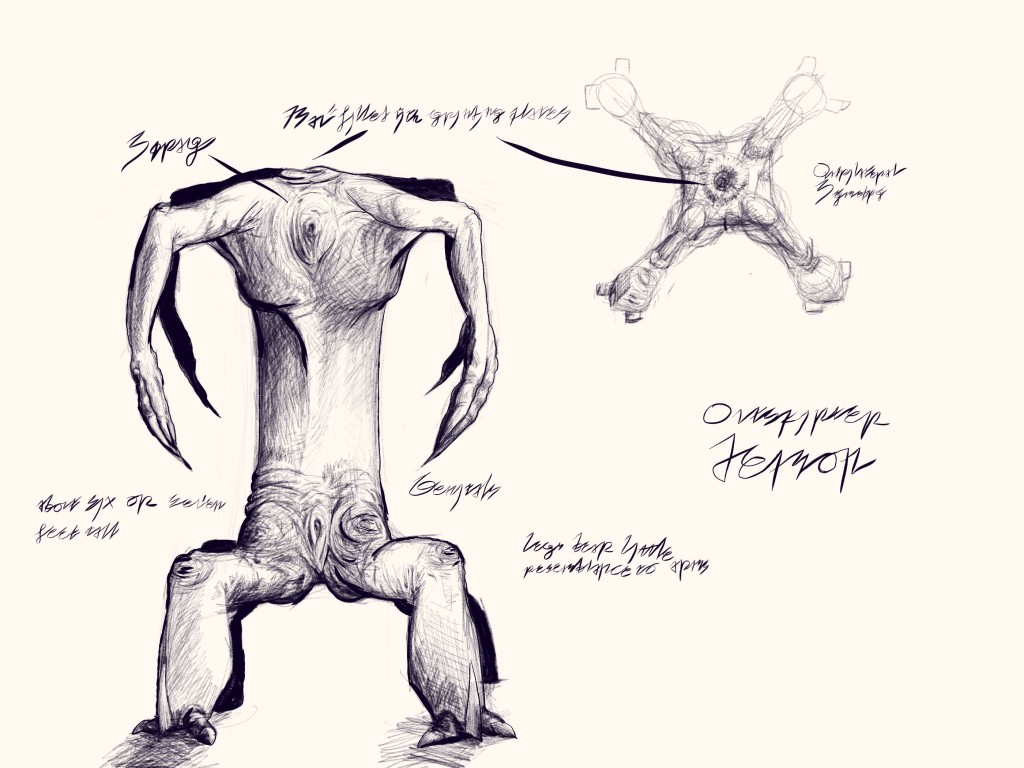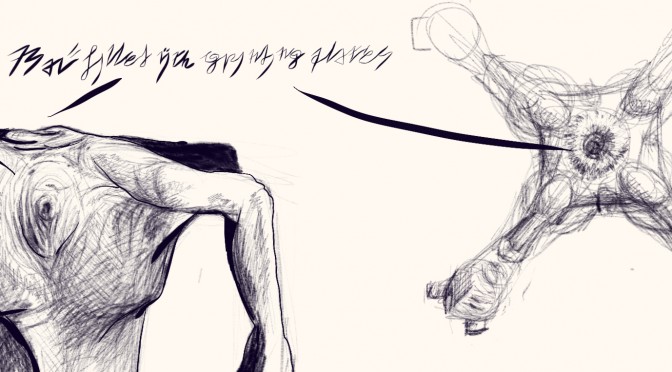This story is funded by Patreon patrons like you! Thank you!
If you ask, she must answer. A steerswoman’s knowledge is shared with any who request it; no steerswoman may refuse a question, and no steerswoman may answer with anything but the truth.
And if she asks, you must answer. It is the other side of tradition’s contract — and if you refuse the question, or lie, no steerswoman will ever again answer even your most casual question.
The Steerswoman is an extraordinary speculative fiction series by Rosemary Kirstein. So far, it exists in the form of four novels: The Steerswoman (1989), The Outskirter’s Secret (1992), The Lost Steersman (2003), and The Language of Power (2004). She’s promised two more novels, with the fifth volume starting its Kickstarter next year, in 2015. As of this writing, I’m most of the way through The Lost Steersman.
I have a weird recommendation: do not look up the covers for earlier editions of the books. They not only spoil, but also then trivialize important pieces of information, the process of the discovery of which illuminates both the characters and the reader. All the while, misinforming. They also fail in representing the hard, elegant work Kirstein has done when representing the genders of the Inner Lands by sexying up the female characters, giving them uncharacteristically impractical clothing and hair, and misrepresenting the gritty — yet optimistic — world Kirstein has created. Her own covers on her ebook editions are much, much stronger, depicting a map of the world as we know it at each volume.

What amazes me about these novels is that they combine the Fantasy genre with the philosophy that is shamefully neglected even in Science Fiction circles: Rationalism. In a world that includes wizards, dragons, demons, gnomes, goblins, and magic, how can reason possibly work as a truth-determining philosophy?
The protagonist of the stories is a steerswoman named Rowan. She, like all steerswomen (and the occasional steersman) have an oath: they seek the truth, to answer all questions as honestly as is practical, and to ask questions of the world and its people, expanding the limits of their canon of knowledge. Those who refuse the questions of a steerswoman, either by withholding or lying, will never again receive an answer to one of their questions. The steerswomen’s techniques are those you might find in a nonmodern world, but where, unlike in Medieval Europe (to which the Inner Lands bear a passing similarity), knowledge is not walled in, but walks freely between the towns and cities of the world, supported by the donations of those who value knowledge — which is just about everybody.
That’s not to say that there are no walls. Indeed, the apex of what hierarchy exists in the Inner Lands seems to be the two allegiances of wizards, Red and Blue. For the most part, wizards, who operate by keeping the nature of their magic a secret, and the intellectually promiscuous steerswomen keep out of each other’s business. But Rowan’s discovery of a cache of sparkling blue jewels somehow raises their ire, and some Red wizard sends assassins after her. As with everything else, Rowan folds the attempt — foiled by her barbarian friend Bel — into a larger picture of the world and its workings. And so she sets out to join with the center of her order to determine what to do.
Once the steerswomen are made aware of the importance (though not the significance) of the jewels, “Possibilities,” they say, “Are two.” Rowan argues that either the steerswomen must cower at the power of wizards, never again fulfilling their sworn duty to learn and teach; or they must commit to vigorously pursue what started as idle (if paradigm-shatteringly powerful) curiosity. Rowan and her order correctly surmise that the mystery that pervades the book does not end with the jewels. To find themselves forbidden from that exploration would end the function of their order: to observe, to synthesize knowledge, and the share knowledge freely, expanding the ability of the Inner Lands to press its fields and towns outward against the Outskirts and the Outskirts and their barbarians to press themselves outward into the unknown wilderness.
Throughout my reading, I’ve been experiencing the joy that Rowan feels, in part because we, as readers discover the world as she does; in part, because Kirstein is excellent at giving clues without making them stand out; and in part because Rowan isn’t always right. The order of steerswomen assumes that humans are capable of great feats of perception, but only through training in principles of Rationalism. The order’s Academy gives them that training, from empirical gathering of information, to intuitive development of hypotheses, to testing of those hypotheses and revising them. But on occasion, Rowan believes her own hypothesis too much, doesn’t test it enough, and takes action based on flawed information — sometimes with dire consequences. Her failings aren’t stupid; they’re driven by perfectly human, emotional needs and given focus by her intellect. The Steerswoman might be a social class, but one’s membership in a social class has little impact on one’s basic humanity. And Rowan is so good at what she does that, when her pride at her own unequivocal excellence combines with her basic, human need to help people she knows, she forgets to check if she’s right.
The fact that the protagonist and her barbarian companion Bel are female is not, in and of itself, what makes these books feminist. Kirstein has started with a premise that sexism comes from a set of cultural components and that, in the absence of those components, simply doesn’t exist. In one case, when a town needs to summon a militia, it takes the strongest and bravest, not the most masculine. As a farming community, many of the strongest and bravest are the town’s women. Those rejected are the small, wounded, cowardly, or cocky; it’s not a gendered problem to solve, but a matter of who’s got what it takes. Throughout the book, Kirstein gives us glimpses of deftly-executed experiments with gender, and rarely from a utopian perspective.
In another case, when there’s a cultural pressure toward sexism, the society leans in that direction. When Bel asks why there aren’t more steersmen, one of them answers that men tend to learn to live by their muscles and get stuck thinking that way — even though there are multiple examples to the contrary. Even Rowan gets dangerously close to ignoring a talented, male candidate, just because she hasn’t thought of it. Kirstein makes it clear to us that the kid has what it takes, but Rowan doesn’t notice because she forgets to question the axiom that “men tend to learn to live by their muscles.”
The story also looks with a scowl at the establishment of that town’s militia, as a force that gathers power to itself, whatever genders are in charge of it. That’s not to say that the story, or even the morality of the steerswomen, is nonviolent. Like most people, they dislike violence, but accept it as a troubling aspect of existence in a hard world. At many points in the story, it asks some hard questions about what compromises one must make to accept that kind of thinking.
Between the series’ excellent and subtle characters, its thoughtful and beautiful worldbuilding, and its strong philosophical standing, I’m having a great time reading these books. I hope you will, too. They’re available, DRM-free, both from Smashwords and Amazon for Kindle, where she makes a principled stand against digital restriction.
(Thanks to my tireless media filter, Soren Roberts, who told me that this series was the Human Contact novel series. It’s everything I’d hope for.)
This xenoglyph is possible because of the patrons of my Patreon, particularly:

Aaaaaagh if the world ends before I get to finish reading this series I’m going to haunt this blasted planet until the heat death of the universe >_<
That is the only reasonable response.